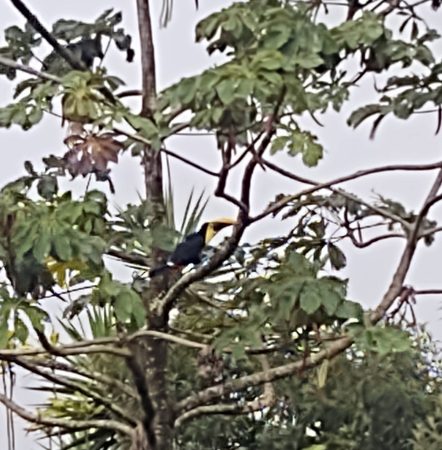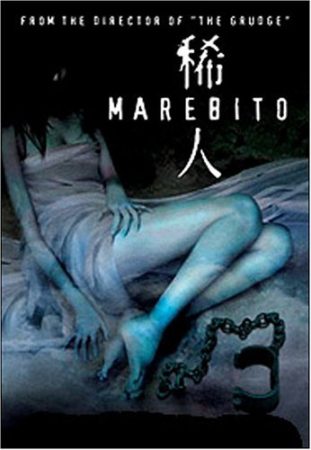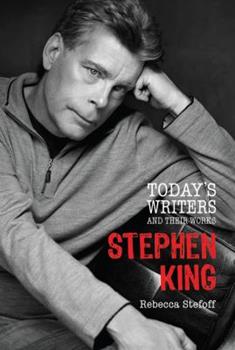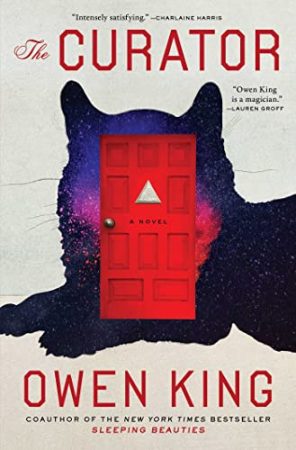
It’s been–yikes!–half a year since I posted anything, so here’s a quick catch-up, starting with a photo from last week’s visit to one of my favorite places in Portland, the Japanese Garden. The garden has a number of cherry trees, which were in beautiful bloom, but only one Weeping Cherry, this venerable and well-cared-for specimen. It once stood on private property and was slated for destruction, but it was moved to the Japanese Garden, where it continues to flourish. We should all be so lucky.
One adventure of recent months was a week-long trip to Costa Rica with a friend in February. We stayed in a rental bungalow on a hillside above Bijagua de Upala in the north-central highlands, about a 90-minute drive from Liberia. It’s close to Tenorio Volcano National Park, where we had a memorable hike. Another highlight was a three-hour private boat tour of the Cano Negro wetlands reserve, where we saw a great variety of birds and many splendid reptiles: caiman, basilisks, iguanas. Also some tiny bats roosting in crevices in the bark of a tree. Although the roads to Cano Negro are pretty bad and call for slow and careful driving, it’s well worth the effort to see this distinctive piece of Costa Rica’s ecology. Alas, I did not see a tapir on this trip–although my friend may have glimpsed one–but we did see two varieties each of wild sloths and monkeys, and a glorious abundance of bird life, including this Yellow-Fronted Toucan, photographed from our bungalow balcony, who just wouldn’t come any closer.

On the writing front, I’ve just had my first look at the layout and illustration sketches for the MG adaptation I wrote of David Barrie’s wonderful natural-history book Supernavigators. When the adaptation comes out from Tra Publishing, it’s going to be gorgeous. And soon I’ll be diving into the revising and polishing phase of my MG adaptation of Loren Grush’s The Six, about our first six women astronauts.
A total solar eclipse will cross much of North America next week. I’d thought about driving to south-central Texas–the closest point at which I could intersect the path of totality–but I’ve dropped the idea. Much as I would love experiencing another eclipse, I had a perfect one an hour from home in 2017. I decided I didn’t want to drive for 30 hours, park myself by the side of a dusty road (along with who knows how many other drivers), and hope that the 50-50 weather would let the eclipse be seen. All respect to the eclipse chasers who manage to see as many as possible, but I’m happy with the one total eclipse I’ve seen in my life.
Finally, a few of my favorite recent reads: The Silver Wind and The Rift by Nina Allan, both of which bring an oblique and ambiguous touch to science-fictional themes; Haruki Murakami’s Hard-Boiled Wonderland and the End of the World, a weird and compelling novel that to me suggested elements both of the same author’s later novel 1Q84 and the unsettling 2004 Japanese horror film Marebito; and Gone: A Search for What Remains of the World’s Extinct Creatures, by naturalist Michael Blencowe, whose account of his travels to see the preserved relics of creatures such as the Great Auk, Steller’s Sea Cow, and (of course) the Dodo, includes fascinating details about the animals, their discoverers and exploiters, and the author’s own feelings about the natural world and what we are making of it.





